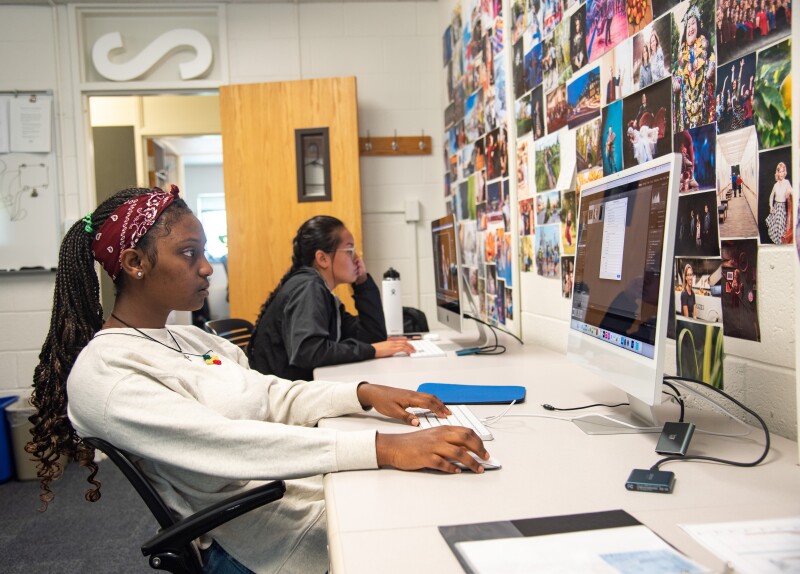
Throughout the Spring 2016 semester, a committee comprised of representatives from both Online and Campus met to determine the best approach for editing reference courses. This is a difficult issue because of two opposing needs:
1. Establishing a streamlined, low-barrier way to improve courses
2. Managing the risk inherent in a complex and high-stakes process
The committee tried to balance these dual needs in the Reference Course Editing Access Policy and the associated processes to support it. This page briefly answers some common questions about these issues.
Every online course at BYU-Idaho has what is called a "reference course." It is the "master" version of the course, which is continually updated and from which sections are made each semester—no students are enrolled in this version. Changes made to the reference course do not appear in sections immediately, but will appear in all sections created for the following semester.
Any trained member of the Course Council can edit the reference course on a check-in, check-out basis. Course support specialists also have editing access and process maintenance requests as outlined in the Course Update Policy.
No. Editing access to the reference course is completely optional. Most Course Councils just submit a maintenance request or make changes through improvement projects. Course support specialists edit the reference course for maintenance requests, while curriculum designers do so for improvement projects. With this setup, course leads and online course representatives never have to work in the reference course if they don’t want to.
Contact the designer on your Course Council, who is tasked with managing access to the reference course. Curriculum designers will discuss any logistical issues of which you should be aware and weigh in on decisions related to their area of responsibility. They will also be sure you have the proper training resources to make the planned changes.
When you contact the designer for editing access, they will share some general information about the logistics of editing a reference course, such as blackout dates, processes for communicating changes, the different areas of the course that may be impacted, and so forth. If needed, they will also share links to technical training on how to go about making the changes.
Editing access is granted on a check-in, check-out basis, facilitated by the designer on each Course Council. There are two major reasons for this:
By including curriculum designers in the process, we strengthen the strategy of creating strong Course Councils in which all three perspectives are considered.
Making a change to the reference course often has nuanced implications and comes with many considerations. For example:
- Is there a block version of the course that also needs to be changed?
- Is the workload for an ACL such that additional compensation should be considered? If so, does that person qualify for that compensation, based on their projected teaching load?
- Are there concurrent projects going on?
- Is the person editing the course aware of the section creation blackout period?
- Is the person editing the course aware of any recent changes made to I-Learn 3.0?
- If the edits include using an external resource, is that resource sustainable for a world-wide reach?
- Do the changes require a copyright or an ADA review?
Discuss your ideas with your online associate dean. This is true for any online policy you would like to influence or have questions about.